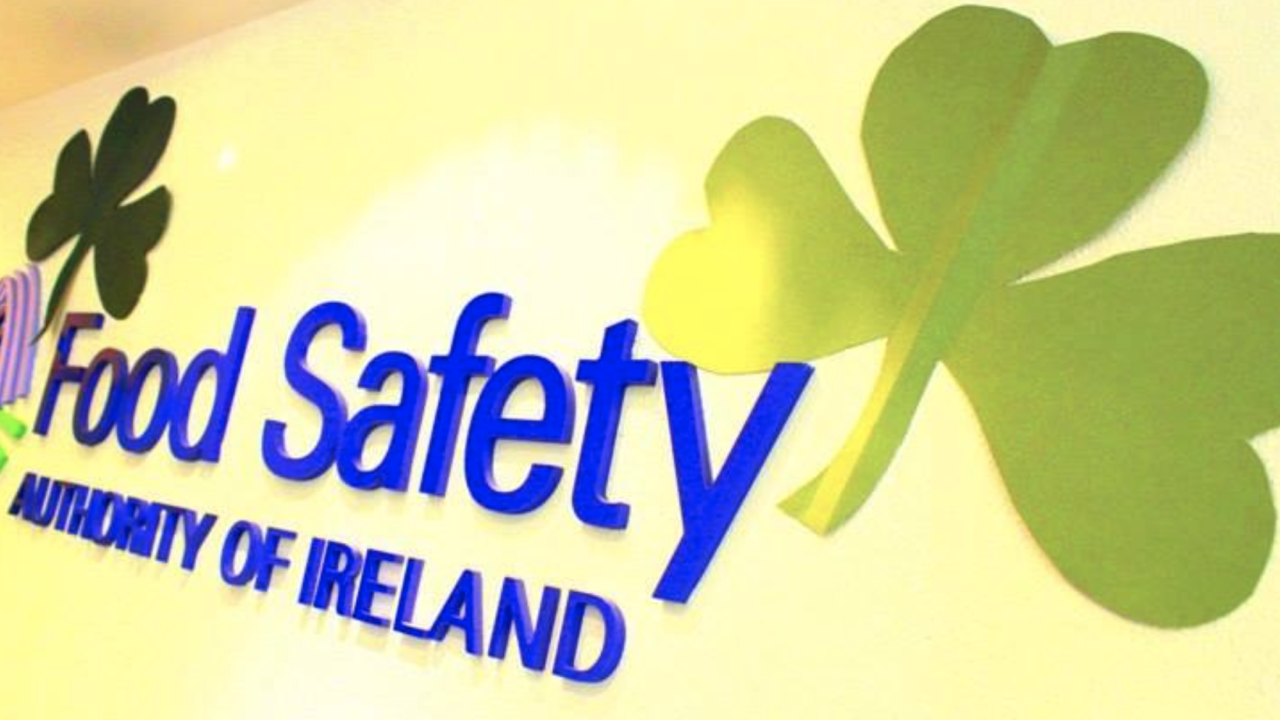The discovery of carcasses contaminated with “obvious visible faecal matter” and floor paint in an audit by the Food Safety Authority of Ireland (FSAI), has prompted serious concern around the enforcement of food regulations in Ireland.
Independent Senator Victor Boyhan expressed concern today (Wednesday, September 7), at the findings outlined in the report on the FSAI’s ‘Audit of Food Business Operator Compliance with Meat Labelling and Traceability Requirements’, which was published in May 2022.
Establishments investigated during the audit included slaughterhouses, meat cutters, meat storage facilites, distributors, retailers and food service establishments. The report on the audit stated that 25 out of 27 establishments inspected were found to be non-compliant with Irish food law.
Among the most serious incidences was the observation of “obvious visible faecal contamination on a bovine carcass after completion of the final carcass inspection by the food business operator”.
The unlawful reprocessing of returned meat with expired use-by dates and the freezing of fresh meat on its use-by date was also discovered by the FSAI.
Other serious breaches included “extensive hair contamination” and “extensive animal hair contamination” on health marked carcasses, which had been accepted by an auditee after intake checks.
Throughout the inspection, the FSAI also discovered that a beef rump which was contaminated by floor paint had been vacuum packed and prepared for dispatch at one cutting plant.
Upon further inspection of this facility, the audit team noted that the floor at the establishment was “badly deteriorated in an area where exposed meat was handled”.
Equine meat concerns
Concerns around the mislabelling of equine meat as beef products at a meat cutting and processing facility were also mentioned in the report. The FSAI noted the following discovery, which was made during the audit.
“Failure to accurately describe animal by-products. For example, one food business operator described ‘Category 3 three animal by-product of equine origin’ as ‘Category 3 beef’ on commercial documents,” it said.
While the HSE supervised six of the businesses that were audited, Senator Boyhan has called on the government to implement stricter enforcement of Irish food law.
“The government must reassure Irish consumers and our trading partners that these issues will not be tolerated going forward. Inadequate care of mincemeat and failures to correctly identify equine meat is very concerning,” he said.
Bord Bia figures showed that agricultural food exports were down last year in comparison to 2020 said the senator, who added:
“Exports can only be increased if [Ireland’s] trading partners have confidence in our regulatory authorities to address serious health risks.”
The FSAI is responsible for the enforcement of all food legislation in Ireland, however it carries this enforcement out via a number of ‘service contracts’ with official agencies including the Department of Agriculture, Food and the Marine (DAFM), the HSE and 31 local authorities.
Senator Boyhan stated that these agreements must be reviewed in light of the audit’s findings.

